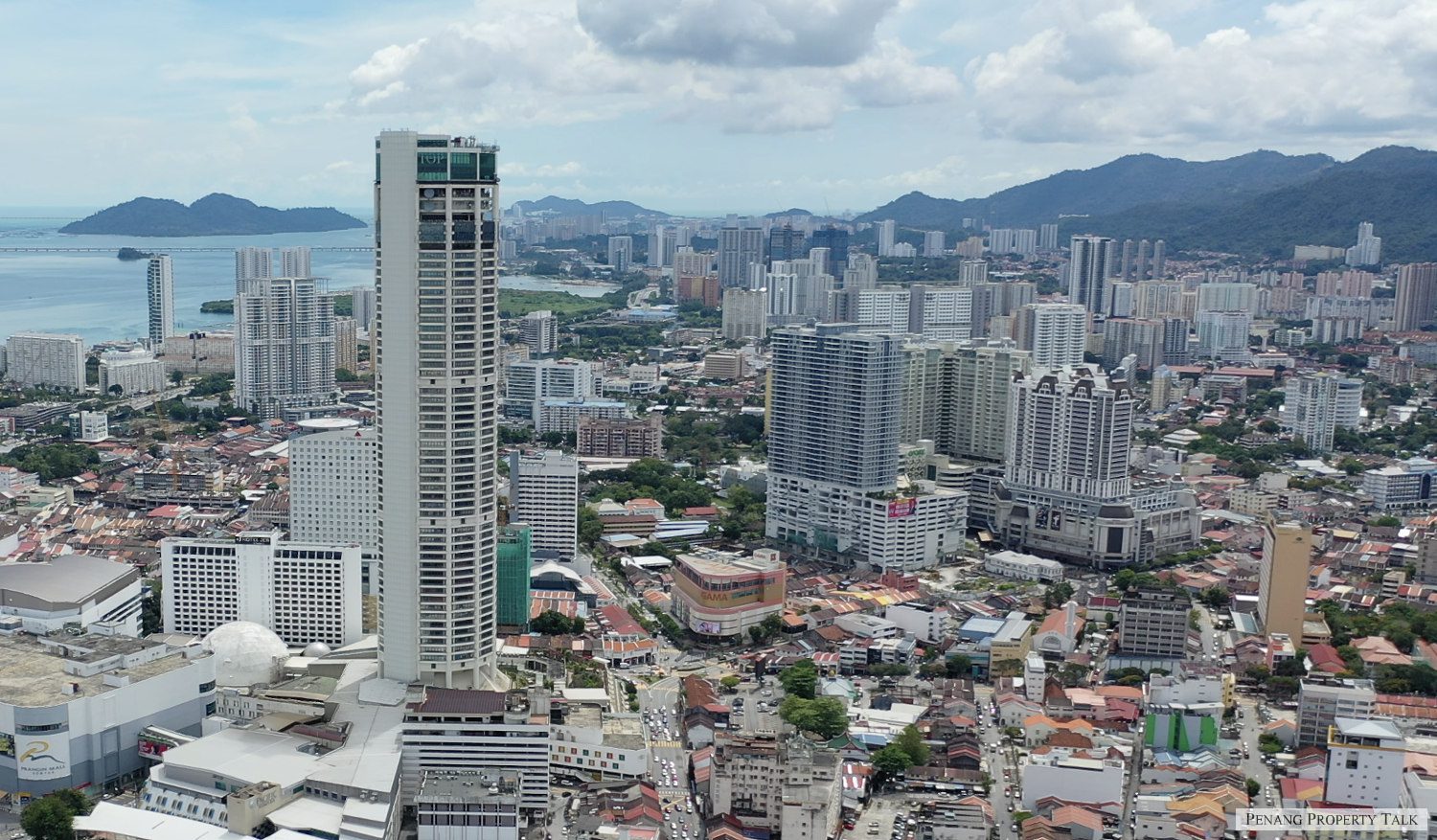2026 Real Property Development Bill to expand and strengthen oversight
The Housing and Local Government Ministry plans to table the Real Property Development Bill in June 2026, marking a significant update to Malaysia’s regulatory framework for the property sector. According to Minister Nga Kor Ming, the proposed Bill will replace the long-standing Housing Development (Control and Licensing) Act 1966, offering a more modern and responsive system that better protects homebuyers.
Nga explained that the new legislation is designed with two core objectives. The first is to broaden regulatory oversight beyond residential developments to include commercial projects. The second aims to update legal provisions to reflect current market needs, including different development concepts and land types. He emphasised the need for a flexible framework capable of adapting to future changes within the industry.
The Real Property Development Bill forms part of five major reforms the Ministry plans to implement by 2026. These include the introduction of the electronic Sales and Purchase Agreement (eSPA), the Housing Integrated Management System (HIMS), the Transforming and Empowering Data Usage in Housing (TEDUH) initiative, and enhanced audits for Housing Development Accounts.
Several proposals are being reviewed under the Bill. Among them are the standardisation of penalties for serious or repeated offences, stronger safeguards for buyers in terms of payment collection and quality assurance, and clearer technical audit and investigation powers to identify problematic projects earlier.
Nga said the government’s efforts aim to create a more transparent, organised and resilient property development ecosystem in line with the Malaysia Madani vision and broader structural reforms in the housing sector.
He also highlighted the benefits of the forthcoming eSPA system, which will allow digital signing, secure identity verification via eKYC, and automatic integration with the Inland Revenue Board’s eStamping platform. This is expected to streamline processes, reduce administrative time and costs, and improve efficiency.
According to Nga, if implementation proceeds smoothly, the eSPA initiative could generate up to RM8 billion in government revenue next year, reflecting its potential impact on both buyers and the property market.
Join our Telegram Channel now to receive instant update on Penang latest projects and property news









